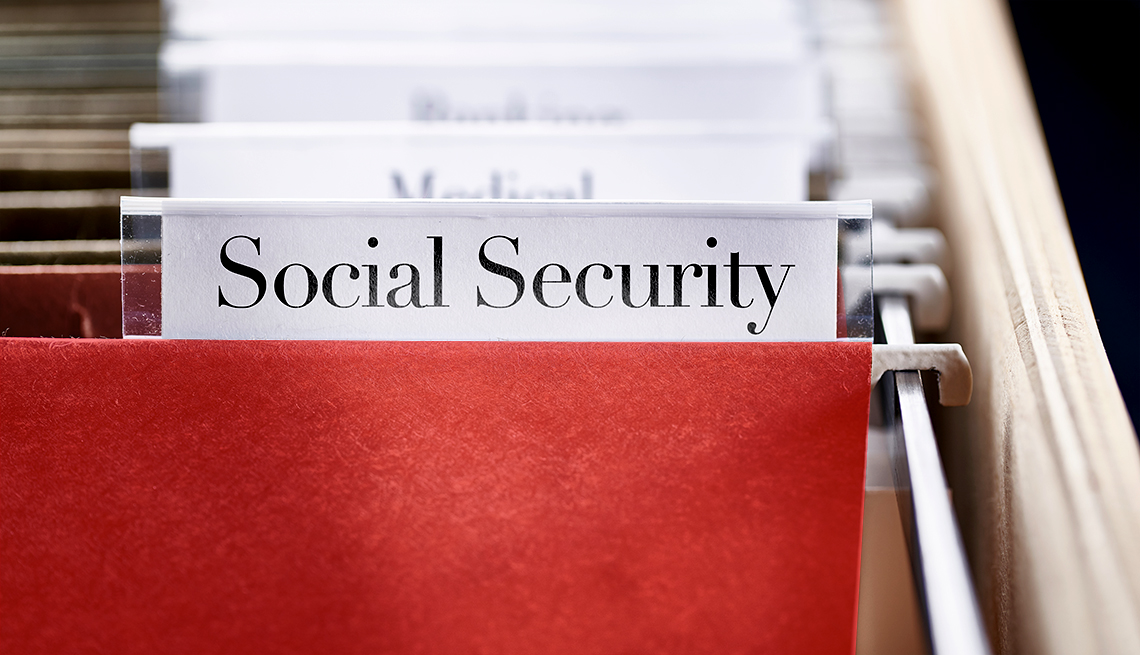Generally, no. Congress has always clarified that Social Security benefits are exempt assets, which means they cannot be used to pay off creditors in the event of bankruptcy.
There is one important exception, however, potentially involving situations where Social Security benefits have been commingled with other funds, such as in a bank account where your work income is deposited. To make sure your benefits are protected, bankruptcy attorneys recommend setting up a dedicated account for them.
Chapter 7 vs. Chapter 13
Bankruptcy is a process under federal law to reduce or eliminate debt when you are unable to pay your bills and have tried every other means to regain a solid financial footing. People filing for bankruptcy usually use Chapter 7 or Chapter 13 of the US Bankruptcy Code.
Chapter 13, also known as the salaried worker’s plan, allows people with regular incomes to develop a plan to pay off some or all of their debts over time (usually three to five years). More importantly, Chapter 13 gives people a way to keep assets like a vehicle or home and prevent creditors from garnishing wages while plan payments are being made.
A Chapter 7 case is a liquidation whereby the debtor’s non-exempt assets are made available to a trustee for sale and distribution to creditors. It’s not about submitting a debt repayment plan to the court, like in a Chapter 13 scenario.
Federal law specifically excludes certain income, including Social Security benefits of all types, from payment to creditors. Filing for bankruptcy automatically prevents creditors from garnishing your wages and Social Security payments, and the Social Security Administration (SSA) says it won’t honor court orders to turn anyone’s benefits over to a trustee in bankruptcy. .
Benefit income must be declared
There are ways your benefits could be involved in a bankruptcy filing, directly or indirectly. One is to report your income. Chapter 13 submission forms require you to pass a “means test” to determine how your monthly income compares to your state’s median. This calculation also determines the amount of your disposable income and is ultimately used to set the monthly payments you will make to creditors.
You are required to include Social Security benefits on your tax return, on a Annex I form, but they are not included in the calculation of disposable income payable in Chapter 13 cases.
You must also list Social Security benefits on your Schedule I for Chapter 7 filing, which are used to calculate your average monthly income and applied to the means test that determines whether you are eligible to file under this Chapter. The purpose of the test here is to prevent individuals from filing for Chapter 7 bankruptcy if they exceed the income threshold to do so, which varies by state.
But in a Chapter 7 filing, the court may determine that previous Social Security payments deposited into your bank account are part of the bankruptcy estate — that is, the property you own at the time of the filing — and can be distributed to creditors, especially if mixed with other funds, such as your salary, warns William L. Norton III, a Nashville bankruptcy attorney and co-author of the Norton Creditor’s Rights Handbook.
The issue does not arise in a Chapter 13 filing because the debtor retains all assets while making repayments under a plan. In Chapter 7 cases, the trustee in bankruptcy may withdraw funds from a bank account to distribute to creditors.
Disability arrears could be affected
Similarly, although your current disability benefits are not included in your bankruptcy, a trustee in a Chapter 7 case can search for past unspent disability payments and disability arrears that have been mixed in with other funds in an account.
Individuals with Social Security Disability Insurance (SSDI) and Supplemental Security Income (SSI) — the two benefits administered by SSA for persons with disabilities — may receive lump sum payments if Social Security determines that ‘they were medically qualified for benefits before their disability claims were approved.
If commingled, these back wages could be considered the property of the bankruptcy estate and distributed to creditors. Again, this situation does not apply in Chapter 13 cases because the debtor retains the deposited funds.

